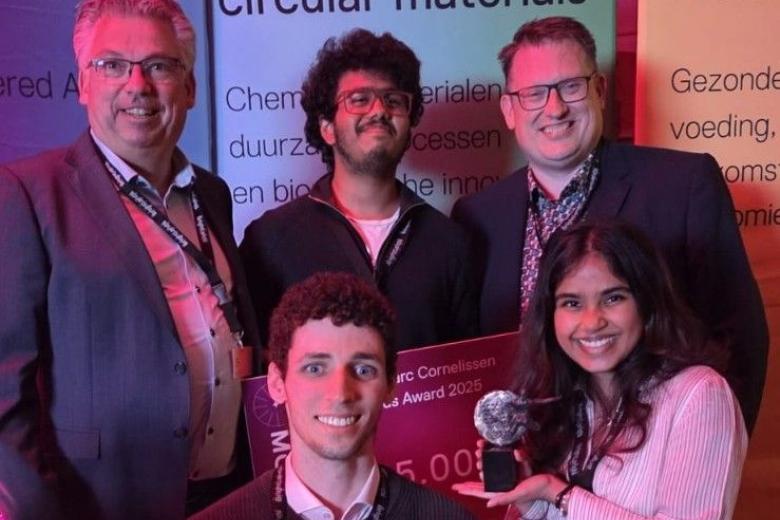Research shows: Learning delays due to school closures are mounting
Primary school students are, on average, 15 weeks behind. Especially in arithmetic and spelling. "The problem is getting bigger instead of smaller." - Carla Haelermans, Professor of Education Economics
The last school closure due to corona was almost a year ago, but primary school students are falling further and further behind says Carla Haelermans in an interview with the Dutch newspaper outlet NRC. This is according to new analyses from the Netherlands Cohort Study on Education (NCO) published last Thursday afternoon. The NCO compares the performance of primary school students (based on school subjects like reading comprehension, arithmetic, and spelling) every six months. For this fifth study, test results from 2,400 primary schools, over a third of the total, were compared with previous results.
Not catching up
At NCO's last reading in May this year, the average learning delay was still 10 to 12 weeks, now it is 15 weeks in a school year. In reading comprehension, the damage has been made up, but in arithmetic and spelling, the delays are increasing.
Generational advantages don't count anymore
The biggest delay in learning is seen among the current pupils who are in their final year of primary school. Furthermore, differences between pupils by educational level of parents have generally narrowed which is rather unusual. NCO concludes that students with highly educated parents are experiencing the largest delay in learning, whereas in previous fact sheets it was among pupils with lower-educated parents.
You can find NCO's factsheets (in Dutch) here.
Relevant links
Also read
-
Roy Broersma (CEI): Guiding Aestuarium from idea to venture
Roy Broersma, director of the Center for Entrepreneurship & Innovation (CEI) at SBE, has been closely involved in guiding Aestuarium from an early student startup to a growing venture. From spotting their potential during the Brightlands Startup Challenge supporting them through CEI.
-
Despite a less tight labour market no end to shortages in healthcare, education, and tech
Interesting new findings in the report 'The Labour Market by Education and Occupation until 2030' from the Research Centre for Education and the Labour Market (ROA) at Maastricht University.
-
Teacher Information Points at UM
UM faculties now host Teacher Information Points (TIPs) that offer local, “just-in-time” and on-demand support for teaching staff. The aim is simple: to provide help that is closely connected to day-to-day teaching practice.